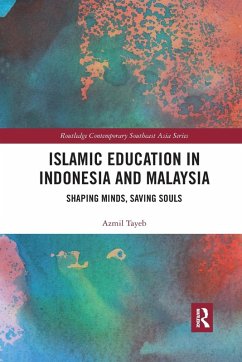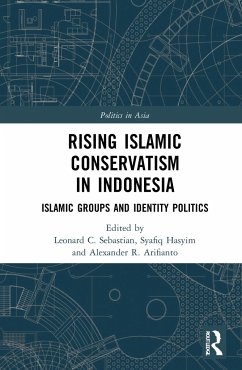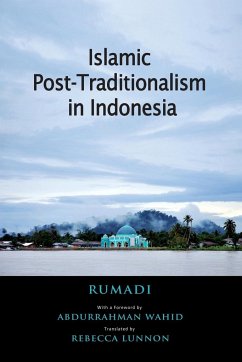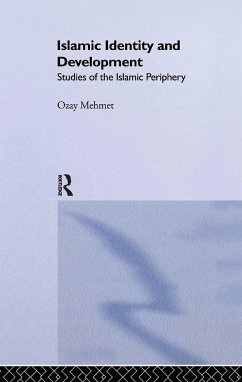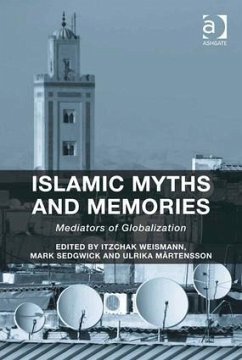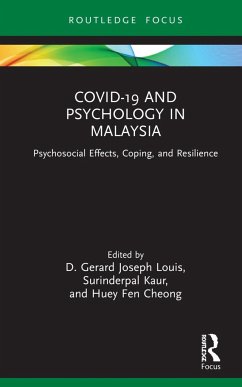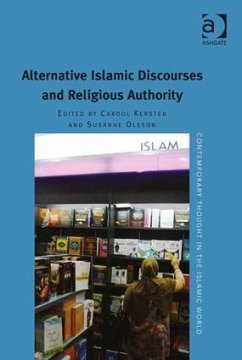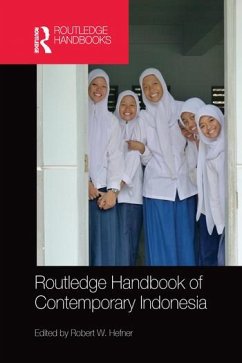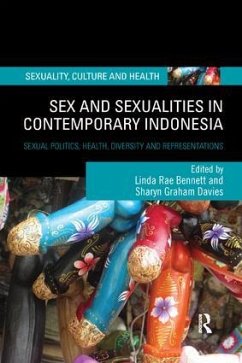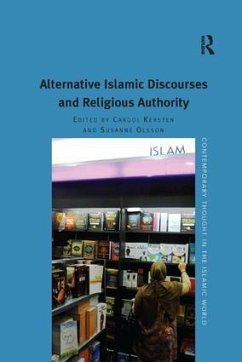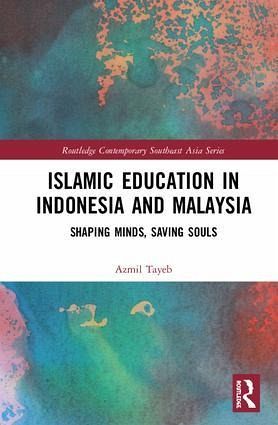
Islamic Education in Indonesia and Malaysia
Shaping Minds, Saving Souls
Versandkostenfrei!
Versandfertig in 1-2 Wochen
186,99 €
inkl. MwSt.
Weitere Ausgaben:

PAYBACK Punkte
93 °P sammeln!
Despite their close geographic and cultural ties, Indonesia and Malaysia have dramatically different Islamic education, with that in Indonesia being relatively decentralized and discursively diverse, while that in Malaysia is centralized and discursively restricted. The book explores the nature of the Islamic education systems in Indonesia and Malaysia and the different approaches taken by these states in managing these systems. The book argues that the post-colonial state in Malaysia has been more successful in centralising its control over Islamic education, and more concerned with promoting...
Despite their close geographic and cultural ties, Indonesia and Malaysia have dramatically different Islamic education, with that in Indonesia being relatively decentralized and discursively diverse, while that in Malaysia is centralized and discursively restricted. The book explores the nature of the Islamic education systems in Indonesia and Malaysia and the different approaches taken by these states in managing these systems. The book argues that the post-colonial state in Malaysia has been more successful in centralising its control over Islamic education, and more concerned with promoting a restrictive orthodoxy, compared to the post-colonial state in Indonesia. This is due to three factors: the ideological makeup of the state institutions that oversee Islamic education; patterns of societal Islamisation that have prompted different responses from the states; and control of resources by the central government that influences centre-periphery relations. Informed by the theoretical works of state-in-society relations and historical institutionalism, this book shows that the three aforementioned factors can help a state to minimize influence from the society and exert its dominance, in this case by centralising control over Islamic education. Specifically, they help us understand the markedly different landscapes of Islamic education in Malaysia and Indonesia. It will be of interest to academics in the field of Southeast Asian Studies, Asian Education and Comparative Education.




